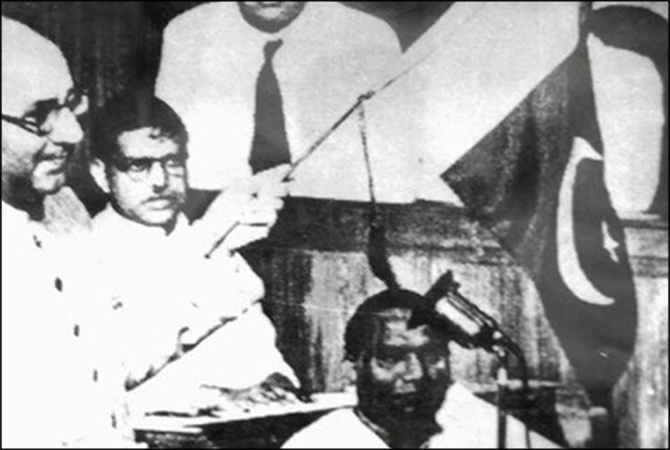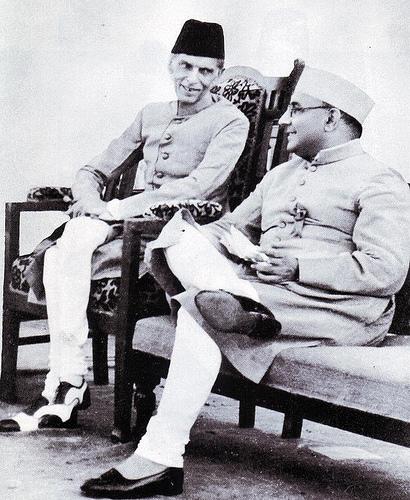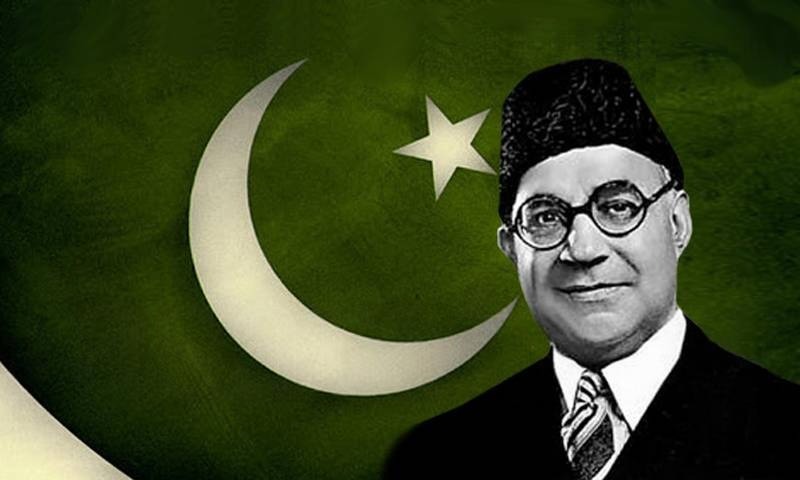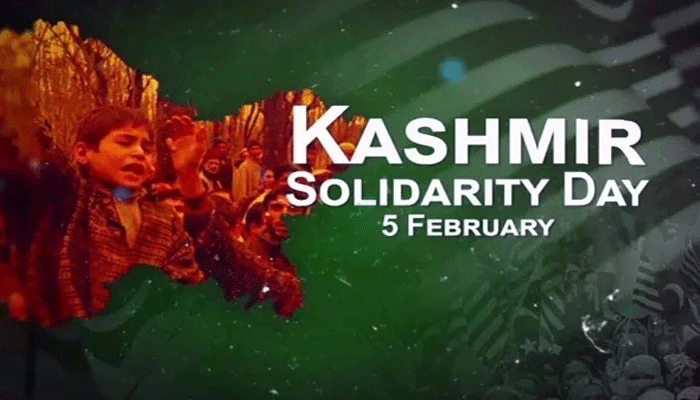In the early years of Pakistan’s independence, when the young nation was struggling to establish its identity among global powers, one moment in history stood out as a symbol of courage, dignity, and self-respect. It was not a war or a treaty, but a single gesture — the famous “Mukka” (punch) of Pakistan’s first Prime Minister, Liaquat Ali Khan, which became a powerful expression of national pride and defiance. That raised fist of dignity, directed towards India and the world, sent an unmistakable message: Pakistan’s sovereignty was not for sale, and its destiny would not be dictated by any external power.
Liaquat Ali Khan, fondly known as Quaid-e-Millat, was among the founding fathers who turned the dream of Pakistan into reality alongside Quaid-e-Azam Muhammad Ali Jinnah. A man of refined intellect and aristocratic background, he belonged to a wealthy family of Karnal but chose a life of struggle and simplicity for the cause of the Muslim nation. After Jinnah’s passing in 1948, it was Liaquat who carried the immense burden of leading a newly born country through political, economic, and diplomatic challenges.
At a time when Pakistan was surrounded by uncertainties — hostile borders, refugee crises, and economic instability — Liaquat Ali Khan emerged as a voice of reason and resilience. His moral courage and unshakable faith in Pakistan’s destiny were evident in both his words and his actions. But it was his “punch of dignity” — the symbolic raising of his fist — that captured the spirit of defiance against injustice and external pressure.
A Gesture That Became a Statement
The historic moment occurred during a press interaction where Liaquat Ali Khan, when confronted with insinuations and criticism from Indian journalists and political circles, responded not with anger but with a firm, silent gesture. He raised his hand, clenched into a fist, as a symbol of Pakistan’s strength and unity. The gesture was instantly dubbed as “Liaquat’s Mukka” and became a sensation across the subcontinent.
Indian newspapers were compelled to carry his image with headlines emphasizing his defiance and confidence. For a country barely four years old, this act of self-assuredness from its leader was a declaration to the world that Pakistan may be young, but it would never bow to coercion. Liaquat’s “mukka” represented more than just a physical gesture; it was a punch of dignity that echoed the sentiments of millions of Pakistanis who had sacrificed everything for their homeland.
The Diplomat of Principles

Liaquat Ali Khan was not only a statesman of dignity but also a diplomat of vision. His famous Liaquat-Nehru Pact of 1950 — also known as the Delhi Agreement — was a major effort to ensure peace and protect minorities in both India and Pakistan after the tragic communal riots following partition. While tensions between the two countries were still raw, Liaquat demonstrated political maturity and humanitarian concern by engaging directly with Indian Prime Minister Jawaharlal Nehru.
The pact aimed to safeguard the rights and lives of religious minorities on both sides, establishing a framework of responsibility for both governments. Although the agreement could not resolve all issues, it was a landmark in early South Asian diplomacy and reflected Liaquat’s deep desire for peace, justice, and regional stability.
However, even as he pursued diplomacy, Liaquat Ali Khan never compromised on Pakistan’s sovereignty or ideological foundations. When critics suggested that Pakistan should lean towards one global power over another — specifically the Soviet Union versus the United States — Liaquat’s decisions were rooted in what he believed served Pakistan’s long-term interests. His 1950 visit to the United States was a calculated diplomatic move to establish relations that could strengthen Pakistan economically and politically.
The Courage Behind the Smile

What made Liaquat Ali Khan truly exceptional was his humility in power and his grace under pressure. Those who met him often described his calm demeanor, gentle smile, and eloquent style of speaking. Yet beneath that politeness was a man of unbending will. He could be diplomatic in discussion but fearless in principle.
His “punch of dignity” became a metaphor for his entire political philosophy — that nations, like individuals, must carry themselves with honor, not arrogance. Pakistan’s foundation, he often reminded his colleagues, was built on faith, unity, and discipline — and without dignity, these values would lose their meaning.
In one of his public speeches, he reminded the people, “Pakistan was not gifted to us. It was earned with sacrifice. We must prove ourselves worthy of it.” Those words still resonate with timeless relevance, particularly in a world where smaller nations often face external pressures to align with powerful blocs.
The Final Address — and the Eternal Prayer
On October 16, 1951, Liaquat Ali Khan arrived at Company Bagh in Rawalpindi to address a massive public gathering. The crowd was charged with emotion, waving green flags and shouting slogans of “Pakistan Zindabad.” As he began his speech with the words “My dear countrymen…”, a gunshot suddenly tore through the air. The Prime Minister of Pakistan, who had devoted his life to the nation, fell to the ground, mortally wounded. His last words before embracing martyrdom were, “May God protect Pakistan.”
That prayer became a lasting echo in Pakistan’s history — a spiritual testament of love and sacrifice from a leader who gave everything for his country.
Legacy of the “Mukka”
Today, Liaquat Ali Khan’s “mukka” remains one of the most powerful symbols in Pakistan’s political history — a reminder of dignity in leadership and integrity in action. It stands as a contrast to the compromises and political instability that followed his tragic death. His life offers an enduring lesson: that true leadership is not about wealth or power, but about standing tall for one’s principles even in the face of adversity.
In modern Pakistan, when the nation faces diplomatic challenges or internal divisions, the image of Liaquat Ali Khan raising his fist still carries meaning. It calls upon the people and the leaders to embody the same courage, self-respect, and national pride that he displayed.
Liaquat Ali Khan’s “punch of dignity” was not an act of aggression — it was an assertion of honor. It was the symbolic heartbeat of a newly independent nation that refused to be intimidated. And as history records, that single gesture became a timeless declaration that Pakistan was born not out of weakness, but out of strength — the strength of faith, vision, and dignity.



